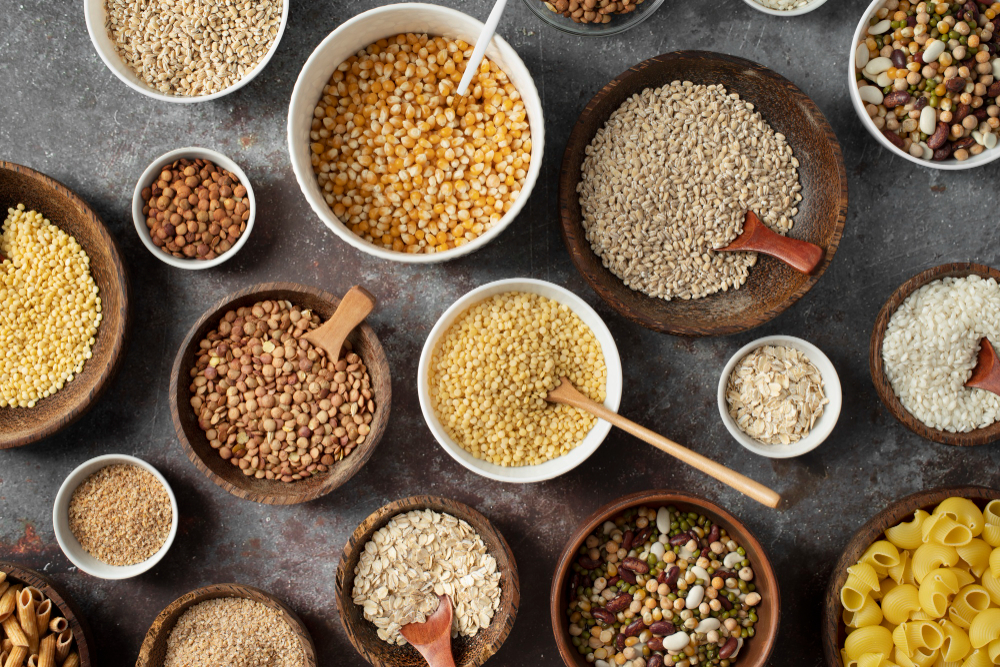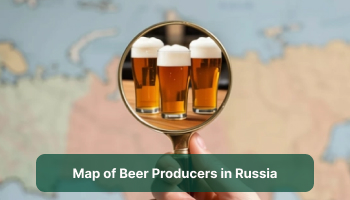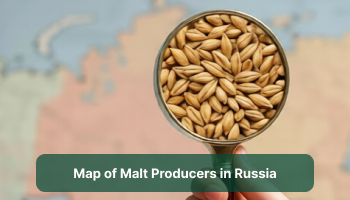The Ministry of Industry and Trade of the Russian Federation proposed to introduce mandatory labeling of malt and cereals from 2026

The Ministry of Industry and Trade of Russia has prepared a draft resolution on the expansion of the digital labeling system “Honest Sign” for products of the flour and cereal industry, including malt, flour, cereals, honey and grain products.
Registration of market participants will begin on March 1, 2026, and the phased introduction of labeling is planned from May to December: from May — for pasta and instant food, from September — for malt, honey, muesli, starch and baking mixes, from November — for flour, from December — for cereals and dry soups. Full on-site accounting of products is expected by May 2029.
The initiative is aimed at combating illegal trafficking and increasing the transparency of commodity chains. According to official data, in 2025, the illegal segment of brewing products accounts for about 10% of the market, while 80% of counterfeit beer accounts for draft beer, and the industry loses up to 30-35 billion rubles annually due to non-payment of taxes.
Adulterated products are often made with malt substitutes such as sugar, glucose, oats, rice, and wheat. In terms of malt production in Russia in 2025, about 1.83 million tons are expected, which clearly does not correspond to the volume of beer produced, taking into account adulteration, and about 2 billion liters of unaccounted-for beer are produced annually in the shadow sector.
Labeling will become an important tool for quality control and market transparency for the malt industry. The movement of raw materials will be monitored through the Grain system integrated with Honest Sign, as it has already shown effectiveness in the dairy industry, where the proportion of counterfeits has decreased from 30% to 0.03%.
Representatives of the Baltika Brewing Company noted that data on malting barley and other grain crops are already being entered into the system. The expansion of malt labeling will make it possible to control the origin of raw materials, reduce the risks of counterfeiting and unfair supplies, and strengthen consumer confidence in domestic products.





